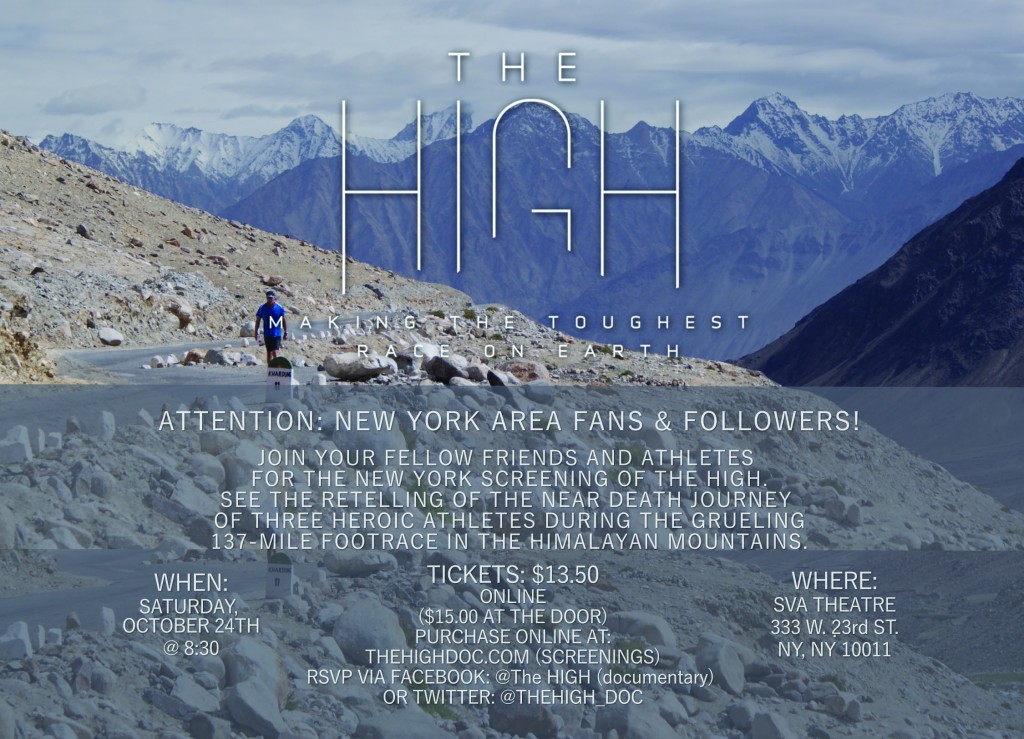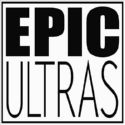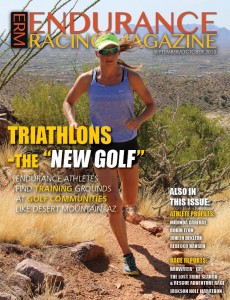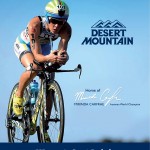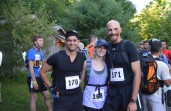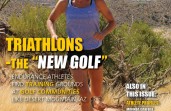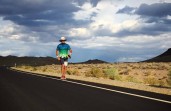Not Yet on the Podium – Ironman Saves Lives
By Earl Furfine
![]()
![]()
![]() One of my favorite people on the planet – the man who was instrumental in the successful sale of my company in 2010 and, more importantly, was able to coach this somewhat capricious entrepreneur through some very difficult times – was almost lost to this world a few months ago. While racing a sprint triathlon at Longmont, Colo., my close friend and business advisor Tim Howard suffered a heart attack in the water. The Ironman-to-be (Arizona as planned November 16, 2014) finished the bike and even started the run, and THEN went to the medical tent.
One of my favorite people on the planet – the man who was instrumental in the successful sale of my company in 2010 and, more importantly, was able to coach this somewhat capricious entrepreneur through some very difficult times – was almost lost to this world a few months ago. While racing a sprint triathlon at Longmont, Colo., my close friend and business advisor Tim Howard suffered a heart attack in the water. The Ironman-to-be (Arizona as planned November 16, 2014) finished the bike and even started the run, and THEN went to the medical tent.
Tim has a lovely wife, Heidi, who I am honored to also call a friend. He has two wonderful children from a previous marriage – a son and daughter – and three beautiful young daughters from his current marriage. The world would be a much lesser place without his presence; and though that may seem trite, mundane, even colloquial, this is one of the cases where it actually applies. The number of lives this man has touched is immeasurable. A comment from a doctor in the ER proved to Tim one simple point: Had his fitness not been excellent with incredible cardiovascular strength, he would not be here. Quite simply, Ironman training saved his life.
Tim started exercising regularly in 2005, after going through a divorce and moving on from a company he had founded 10 years earlier. Prior to his first triathlon, he had been running marathons; and, like many motivated and goal-driven people, was looking for other challenges. For cross training purposes, he began to swim and bike. After several successful pool-based triathlons, he discovered that he had a severe open-water swimming phobia (countless people do), and failed at his first attempt at it. He had what he described as a panic attack in the water, and needed to turn back. Several years later and after a move to Boulder, Colo., he was compelled to conquer his fear – not just for himself but for his children, making a personal example of one Ironman Mantra: “Anything is possible.”
Underlying all of this, Tim had been watching Ironman for 20 years. For him, Ironman had always been an aspiration and something he viewed as truly heroic. He had always thought he would want to try one, but after his 2009 open water setback questioned whether could ever complete the 2.4-mile swim. In 2013, he was able to successfully complete his first open water swim, and signed up as a volunteer in 2013 for IM Arizona and planned to race in 2014.
When I asked Tim about the commitment to such a feat, he said he had fantastic support during his preparation and training and that his family viewed it as a “family accomplishment.” With three young children and Heidi’s successful photography career, it did create stress; but it also forced all of them to balance their lives. His plan surely was to make this a lifestyle choice, and not a “one and done”. Maybe not full IM, but the triathlons. His family understood the importance of their commitment, and he understood the responsibility of receiving that support.
In his most recent triathlon, Tim was in water for the warmup and thought he was having another panic attack. He was about 50M out and felt complete “impending doom,” as he put it, similar to the symptoms he had suffered years ago. He came to shore, got cleared by the medics (apparently this type of heart attack does not show up well on mobile EKGs, it requires bloodwork), and the race director indicated he could bike and run if he wished. With a “push through the fatigue and pain” attitude, Tim began to bike. He told me later that he had never felt such dead legs. He slowed down and cruised in on the bike, exhausted but still set on doing the run. One mile in on the run, he noticed his hands tingling (now is where we insert the “pay attention to these signs” lecture!).
Tim and Heidi went home to rest, and he literally felt like could not get up off the couch. Heidi decided it was time to get him to the ER. Moments after his arrival, his bloodwork confirmed he had – was having – a heart attack. With 90%-98% blockage in one of his arteries, the doctor assumed it closed down and perhaps opened back up during and after the swim. One cardiac catheterization and large stent catheterization later, Tim was about to begin his recovery. In no uncertain terms, the doctors attributed his still being on this earth to his great level of cardiovascular fitness. I shudder when I think of all the training he did with arterial blockage.
Post not-very-mortem: Tim is up to exercising an hour a day and is feeling very well. He is philosophical about his experience when I asked if he may try to complete a full IM. “Probably,” he said, “but it will be with respect to two items. First, it doesn’t really matter to me if I do a full IM because I already got the benefit of it. I am still alive. And second, I can’t embark on something that requires six-hour bike rides if my family will be worrying about me all day.” That does put things into perspective, doesn’t it? As a side note, Tim, a member of the Ironman Foundation, is planning on working with them to develop methods to identify panic attacks that are similar to heart attacks and not easily detectable.
I have said many times that everyone in life needs some sort of validation in the form of the one thing in their life they do only for themselves. I personally do Ironman because when I cross that finish line, I know I have accomplished something most people could never do. I never was the top scholar, top musician, top athlete, voted best-looking or any other superlatives. I do Ironman because Faith, Pace, Focus, and Strength have become my mantra and I, like Tim, am driven and goal-oriented. Tim likes to say, “I don’t like it when anyone tells me I can’t do something.” I strongly agree. What Tim has accomplished and I continue to strive for is that balance between family and racing. For Tim, overcoming open water was all about pushing through fear and convincing himself he can succeed. May all of us develop and maintain the wisdom to know there is something that you can’t push through, and recognize the signs when it happens.
I am, Not yet on the podium.


